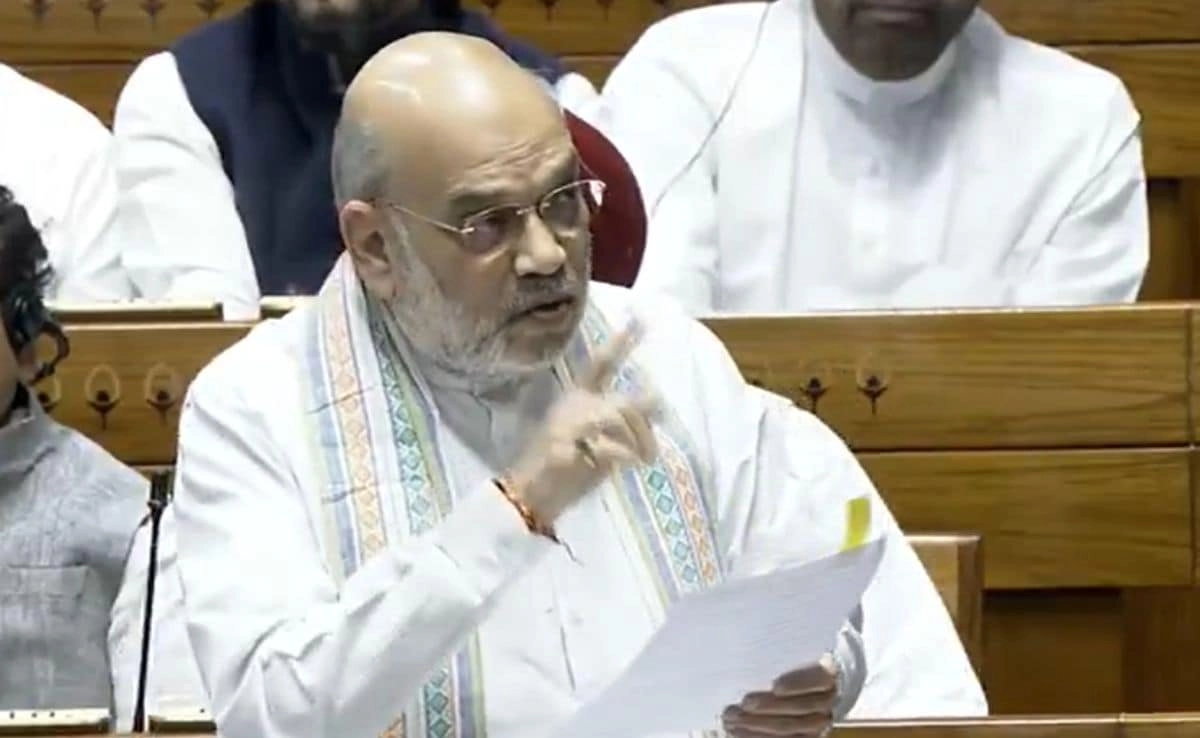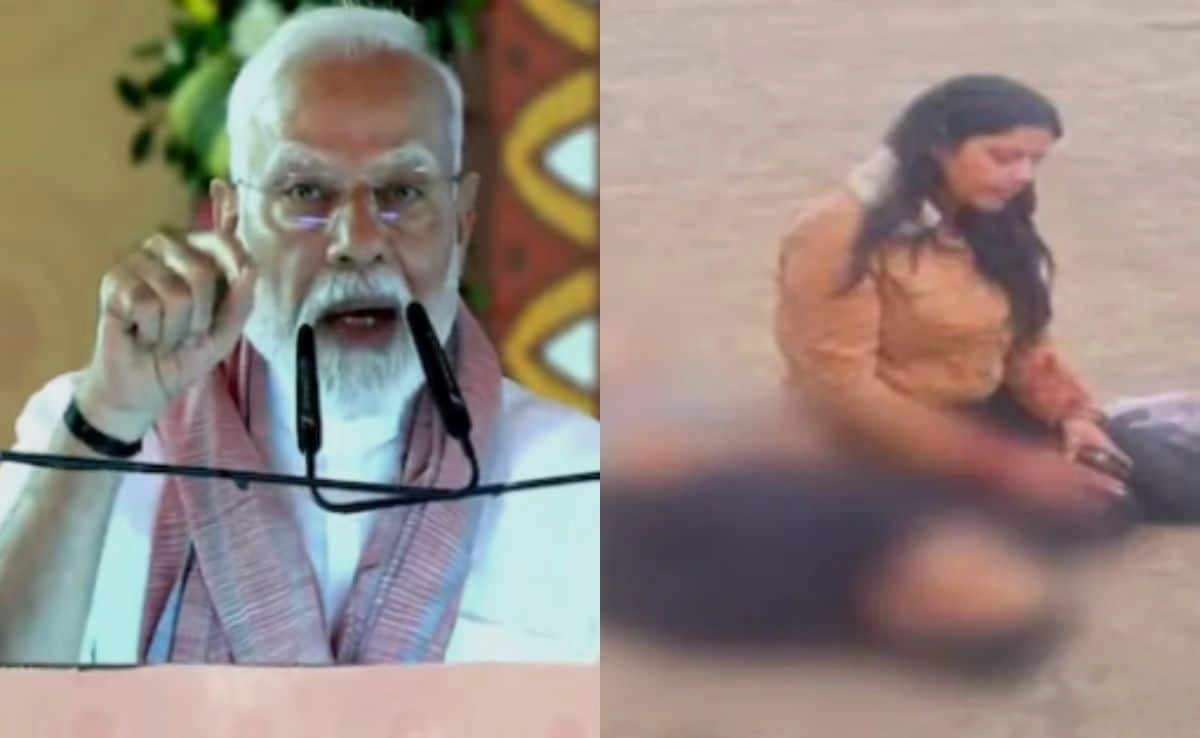Union Home Minister Amit Shah recently addressed the ongoing political discourse surrounding the Waqf Bill, emphasizing that Prime Minister Narendra Modi is committed to fulfilling the wishes and aspirations of leaders like Lalu Prasad Yadav. Shah’s remarks come in the context of the opposition’s perceived failure to align with the needs of the community, particularly regarding the management and utilization of Waqf properties. He highlighted that the BJP-led government is dedicated to ensuring that Waqf properties are used for their intended purposes, serving the community effectively and transparently.
The Waqf Bill, which aims to reform the governance and administration of Waqf properties, has been a point of contention among political parties. Shah asserted that the BJP’s initiatives reflect a broader commitment to inclusivity and social justice, contrasting this with the opposition’s track record. He argued that while the Prime Minister has taken significant steps to honor the legacy and requests of influential leaders like Lalu Prasad, the opposition has failed to prioritize the interests of minority communities in their political agendas.
In his speech, Shah urged the opposition to reconsider their stance on the Waqf Bill, suggesting that cooperation and constructive dialogue could lead to more effective solutions for managing Waqf properties. He underscored the importance of utilizing these assets to benefit the community at large, rather than allowing them to fall victim to mismanagement and political neglect. By fostering a spirit of collaboration, Shah believes that all parties can contribute to a more equitable distribution of resources, ultimately enhancing the welfare of those who depend on Waqf properties.
The discourse surrounding the Waqf Bill not only reflects political rivalry but also touches on deeper issues of community welfare and governance. Amit Shah’s comments serve as a reminder of the necessity for all political factions to work together in addressing the concerns of minority communities. As the debate unfolds, the government’s commitment to reforming Waqf management will be closely scrutinized, and the response from the opposition will play a crucial role in shaping the future of these legislative efforts.




